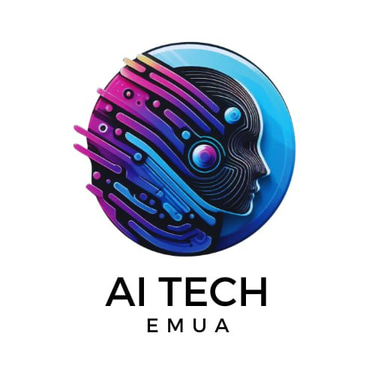AI in the Legal Industry
This article explores how AI is transforming the legal industry, automating tasks like contract analysis, legal research, and document generation. It highlights opportunities to build AI-driven businesses serving law firms and corporate legal departments, while addressing challenges such as data security and regulatory compliance. Ideal for tech entrepreneurs and legal professionals, it offers insights on leveraging AI to innovate and profit in the legal sector.
AI EARNINGS
AI Tech
9/7/20242 min read


AI in the Legal Industry
Building a Business Around AI-Driven Legal Services:
1. Introduction
Overview of AI in the legal sector: Highlight the growing role of AI in transforming legal processes.
Importance of AI-driven legal services: Explain how AI is improving efficiency, accuracy, and accessibility in legal services.
2. AI Applications in Legal Services
Contract Analysis: AI can automate the review of contracts by identifying important clauses, inconsistencies, and legal risks.
Legal Research: AI-powered tools like natural language processing help lawyers quickly find relevant case law and statutes.
Document Automation: AI systems can generate legal documents such as wills, contracts, and corporate agreements with minimal human intervention.
Litigation Prediction: AI models predict the outcome of legal cases by analyzing past rulings and patterns.
eDiscovery: AI can rapidly sort through large volumes of data to find relevant documents for litigation or compliance.
3. Market Opportunity for AI-Driven Legal Services
Small Law Firms: Offering AI tools that can help smaller firms compete with larger firms by improving efficiency.
Corporate Legal Departments: Streamlining operations with AI-powered contract management and compliance tools.
Legal Tech Startups: Emerging AI-focused startups are creating innovative solutions for legal tech.
4. Building a Business Around AI in Legal Services
Product Development: Focus on creating AI tools that address key pain points in the legal industry.
Compliance and Ethics: Ensure that your AI solution adheres to ethical standards and legal compliance regulations.
Subscription-based SaaS Model: Offer AI-driven legal tools as subscription-based software, allowing law firms and corporations to access the services on demand.
Custom Solutions for Law Firms: Provide bespoke AI solutions tailored to the specific needs of law firms.
5. Challenges and Considerations
Data Security: Legal data is sensitive, so ensuring top-tier security is crucial.
Regulatory and Ethical Concerns: Highlight the need to comply with legal standards and ethical guidelines in AI usage.
AI Bias: Be aware of potential biases in AI algorithms and their legal implications.
6. Monetizing AI-Driven Legal Services
Consulting Services: Offer AI consulting services to law firms looking to integrate AI into their operations.
Software Licensing: License AI tools to law firms and legal departments.
Training and Support: Provide training for law firms on how to use AI effectively and support for continued usage.
7. Conclusion
The Future of AI in the Legal Industry: AI will continue to transform legal services, offering new business opportunities.
Call to Action: Encourage readers to explore AI as a tool for building a modern legal services business.
Inspire
Learn how to make money with AI technologies
contact us
Harness
© 2025. All rights reserved.
